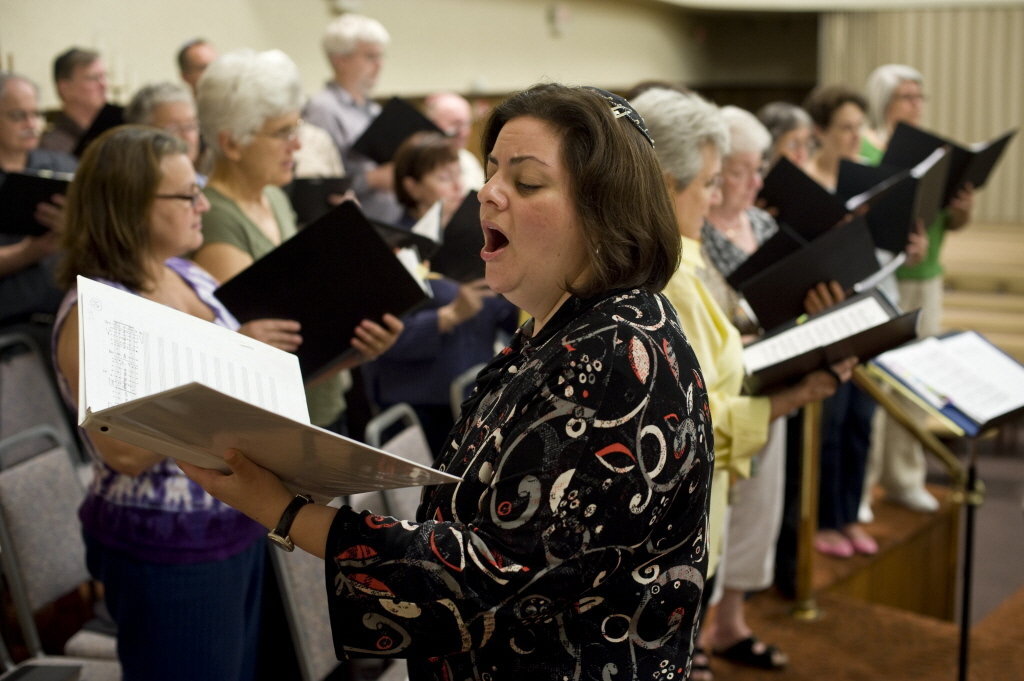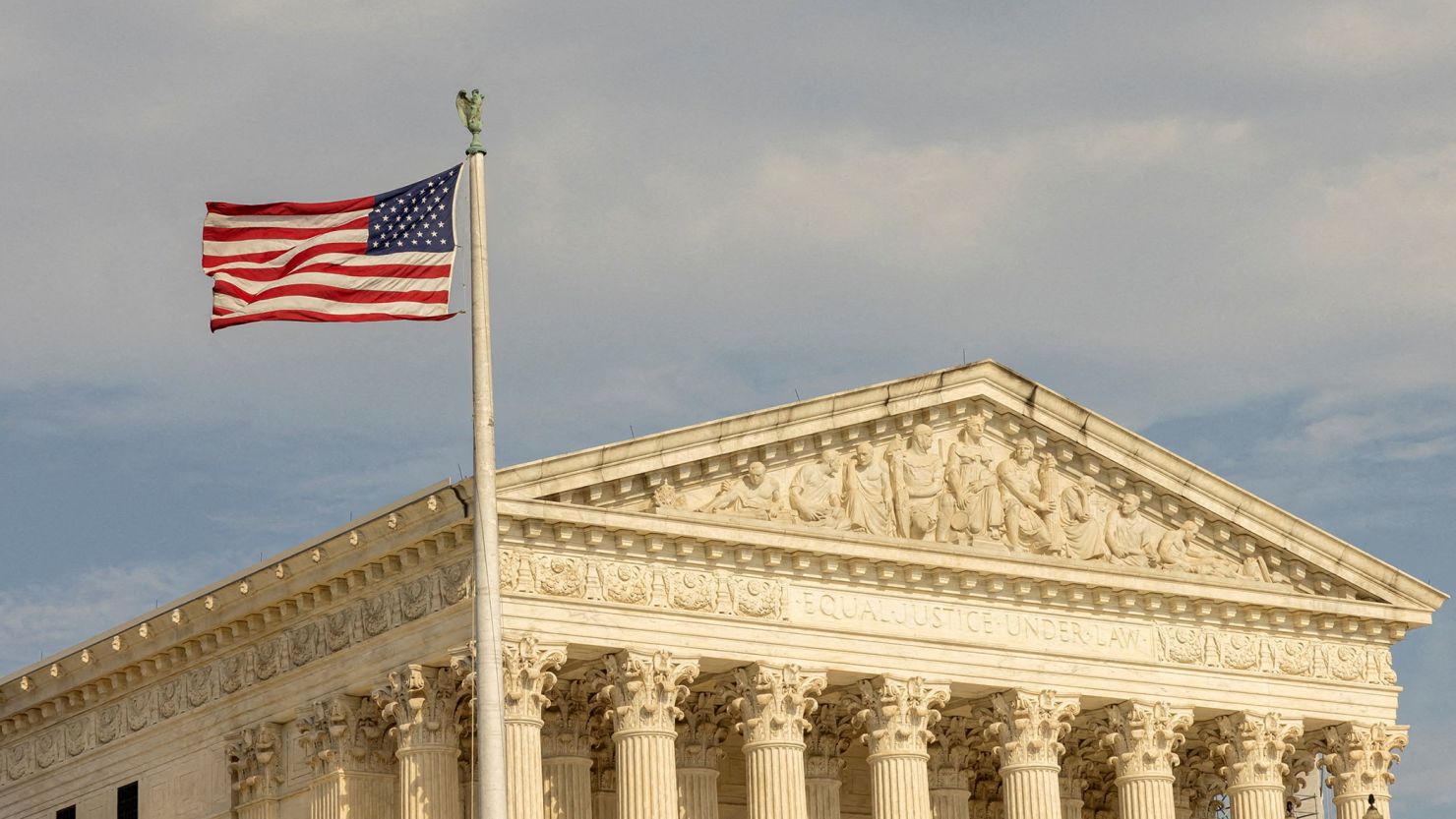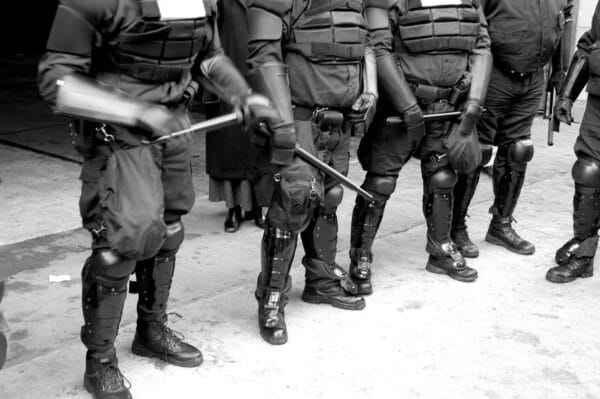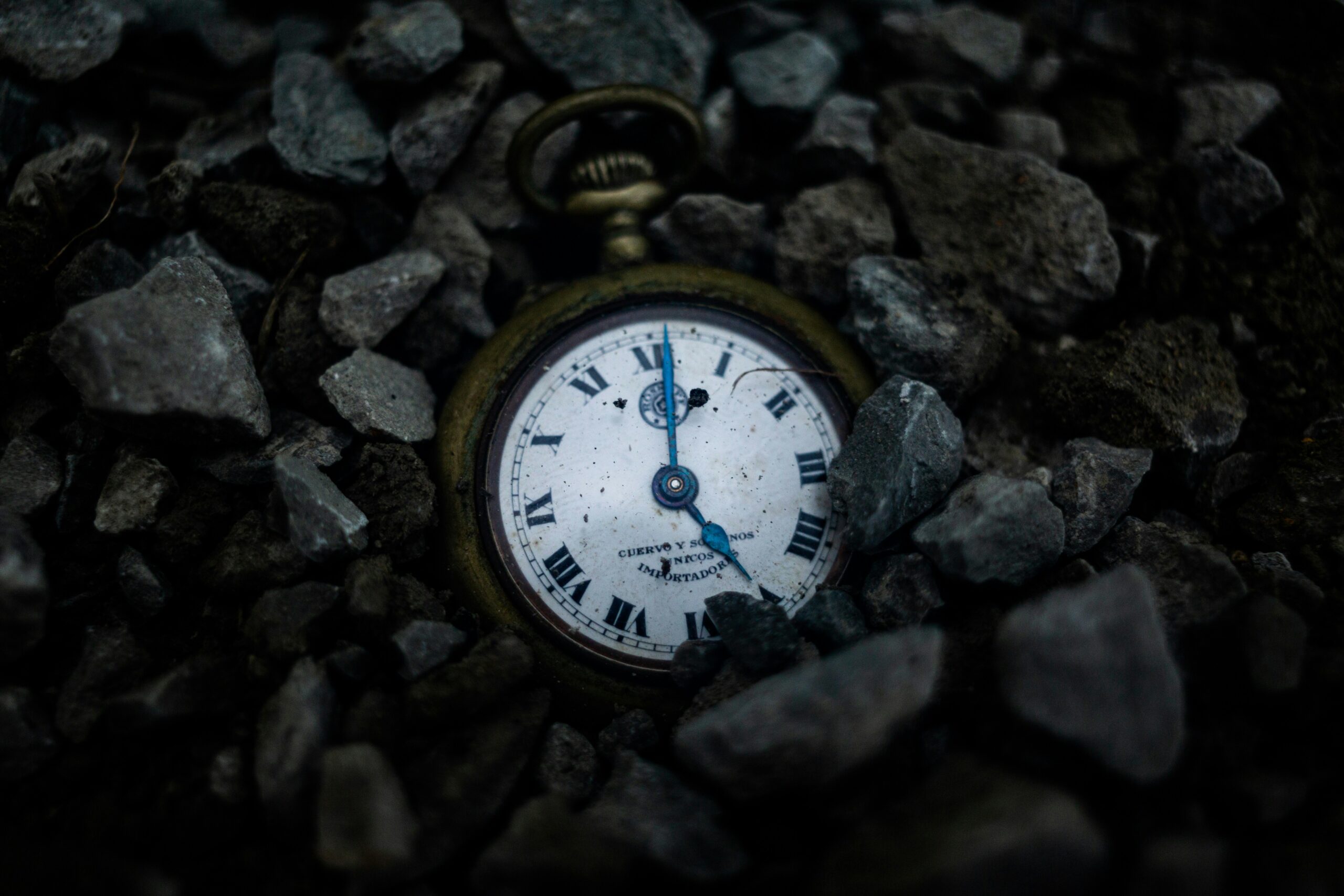We begin Yom Kippur with Kol Nidre. Kol Nidre is not a prayer. God is not mentioned. We praise nothing. We ask for nothing.
Kol Nidre is a legal formula. Kol Nidre is an invitation to pray in a community of people with all of their flaws and sins. And you are one of those flawed people. You are one of those sinners.
Kol Nidre is a radical call to become a community. Kol Nidre tells us to come together not because of our goodness but because of our weaknesses. When we recognize our humanity, we can join together as a unity.
Many of us wince at the word “sin.” It doesn’t feel like us. We Jews pride ourselves on our virtues, we are smart, we are charitable, we are motivated. We are Nobel prize winners and we are Supreme Court Justices, we are Civil Rights advocates, and we are Stars.
At Tashlich this year, I threw bread into the water for the sin of thinking I don’t have so many sins.
Rarely do we focus on the dark side of our personhood. And when life is challenging, too often we ask why did this happen to me, rather than as Elijah Cummings said, why is this happening for me? Our egos and our pride get in the way of the work of improving ourselves.
Kol Nidre asks us to come together precisely because we are imperfect beings. Kol Nidre asks us to examine those failings and imperfections.
Later in the service, we progress to the Ashamnu prayer, the Vidui, and Al Chet, those prayers that list dozens of sins. If we haven’t heard the call to be present with our failings we won’t know how to pray a list of sins. We might scan the list and say – but that’s not me. We might recite the words but not appreciate their meaning.
Kol Nidre’s piercing notes are designed to scrape away the ego and pride that keeps us from our better selves. These barriers of refined self-image and damning conceit are damaging for us, damaging for our families, damaging for our country and damaging for our future.
When you read Ashamnu and Al Chet, offer each line accepting your responsibility for that wrongful behavior. Whether the sin is yours or your neighbor’s, we have formed a community that shares the burdens of our failings.
Prayer is not a pick and choose approach, shopping for what resonates most with us. Prayer is a challenge to scream into one’s own ears, are you paying attention? Are you hiding from your best self? Are you encouraging others to be their best selves?
When you deny your own failings and shortcomings you give license to others to do the same. Demonstrate to your friends and family, to your parents and your children and your siblings, that self-examination is necessary. Demonstrate to everyone that admitting our failings is the first step toward improving our world.
Kol Nidre demands that we admit we are flawed. Kol Nidre demands that we invite others to pray with us. Kol Nidre teaches this. If you are real with yourself, you will be real with God. If you are open to admitting your mistakes to God, you will be open to acknowledging the need to change. If you are accepting of the need to change, you will be open for improvement. If you can improve yourself, you can help improve this world.
Rabbi Evan J. Krame





